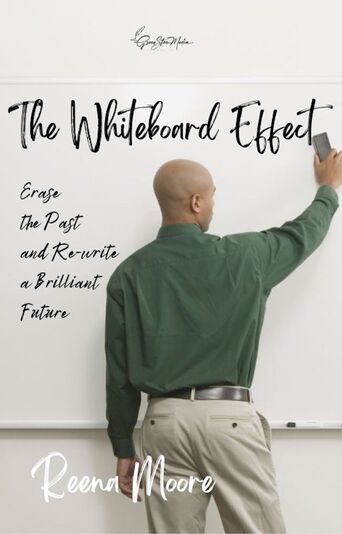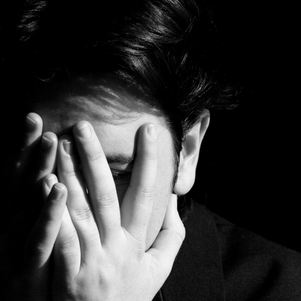 Guilt is one of the most potent forms of fear that can exist within a person. It’s a feeling of self-loathing and regret, with an overwhelming sense of responsibility for one’s actions. Guilt can be all-consuming. It can take over your life if you let it, and this realization can be simultaneously empowering and frightening. Guilt is simply a manifestation of fear and worry; it’s your mind trying to protect you from repeating present mistakes in the future. Whether self-inflicted or imposed by others, guilt is a powerful emotion. It’s associated with the fear of wrongness and potential punishment. Guilt is an important reminder to do what is right and avoid behaviors that are socially unacceptable or have negative moral implications. You may feel guilty when you make decisions contrary to your beliefs or values; when you do something wrong, break a promise, fail to fulfill an obligation, or hurt someone in any way. Guilt can also come from unmet expectations due to negligence, which could make you feel ashamed for not doing enough and having failed in some way. Guilt has positive and negative associations; it can encourage you to act differently in the future while simultaneously damaging your sense of self-worth. Suppose no consequences arise from the outside world. In that case, guilt and shame can manifest internally as a punishing emotional force.Guilt is destructive. It shrouds every feeling like a dismal fog, covering your whiteboard with negative emotions. Where fear exists, guilt exists. Where hate dwells, guilt also dwells. Guilt permeates the depths of the soul, leaving you vulnerable to believing the most pessimistic thoughts about yourself. The happiness and joy written on your whiteboard can be instantaneously destroyed by one negative remark scrawled on your whiteboard by a family member, friend, or neighbor. If the repercussions of guilt are so detrimental, why does it receive such a relentless torrent of praise and admiration? Some experts view guilt as a beneficial emotion—qualifying their statement as ‘appropriate guilt.’  Where does most guilt originate? As a child, you may have been taught that it is wrong to cross the street without your parents’ permission. Parents often impose strict rules on their children for their children’s safety, and crossing the road without their consent is definitely forbidden. As a result, you may have grown up with intense feelings of guilt whenever you went against your parents’ instructions. This guilt extended beyond just crossing the street. If you ever did anything wrong, big or small, it felt like you were breaking some moral code instilled in you since childhood. Guilt became a substitute for a sense of morality and respect for authority that often guides children down the right path later in life. Your ingrained guilt became a safeguard against further mistakes or recurring occurrences. Most feelings of guilt, however, are baseless. The most devout, gentle, and harmless souls are often burdened with guilt and remorse. Guilt is a relentless self-condemnation that strips away your sense of worth and value. It is pervasive, lingering like a menacing fog. You may be riddled with guilt no matter what you are doing. You may feel like you’re wasting precious moments on something trivial and unimportant or that what you are doing is inadequate or substandard.
“Guilt,” wrote Dr. David Hawkins, “is a denial of our inner, intrinsic innocence.”  Repressing guilt does not remove it from your whiteboard. The blame reemerges in the form of self-punishment. The shame of guilt can include punishing yourself by avoiding situations that bring you joy or engaging in negative behaviors such as excessive drinking or isolating yourself from friends and family. Self-punishment may also appear through accidents, illnesses, misfortune, job loss, exhaustion, or any of the innumerable tactics your brilliant mind devises to destroy your happiness and bring about the loss of pleasure and aliveness. Not only does this behavior create a cycle of guilt-inducing behavior and action, but it also prevents us from growing and learning from our mistakes. One way to combat the feelings of guilt and its accompanying self-punishment, as explained in The Whiteboard Effect, is to focus on personal growth rather than punishment. Instead of regretting poor decisions, create goals for yourself that will help you move forward away from past mistakes. Examine the word guilt written on your whiteboard. Like the child who fears crossing the street, what is your guilt motivating you to accomplish? Suppose you were to erase guilt from your whiteboard. Could you achieve the same motivation or behavior from a position of love? Is guilt your only motivation for doing good? Is guilt the only thing preventing you from abusing a spouse or a child? Isn’t it better to refuse to hurt another because you love and care for them as intrinsically innocent humans, struggling to grow but making mistakes along the way, just as you have done? Guilt and fear are such large, luminous words that when you erase them from your whiteboard, you will have ample room to write ‘love’ in big, bold, capital letters. Learn more about The Whiteboard Effect by clicking the photos below.
0 Comments
With courage comes a surge of vitality, boldness, relinquishment, and the ability to remain present and responsive to any situation. Courage is an often overlooked but essential part of life. It takes courage to try new things, to work through difficult situations, and to be honest with yourself and others. This vitality can encourage you throughout life, granting you the confidence to take risks and make positive changes. When you are courageous enough to relinquish your fear of failure or disappointment, you can take advantage of opportunities that come your way. Courage can give you the ability to stay true to yourself despite any external pressures or temptations that may present themselves. Courage is necessary for erasing negativity from your whiteboard. Courage allows you to look at your feelings.
The promise of courage is the knowledge and feeling that you can overcome any obstacle, no matter how impossible it may seem. It is a hope that you possess deep within your core, which pushes you to reach further and achieve more than ever before. Courage is essential in both achieving success in life and overcoming personal struggles. Courage is a beacon of strength when all seems lost. Having the courage to move forward, even if you don’t know what lies ahead, will boost your confidence in taking the next step. Courage can provide you with a greater understanding of yourself. You become better equipped to recognize your weaknesses as well as your strengths. Courage is a buoyant conviction of your self-worth, poise, and capability, accompanied by lively enthusiasm. You feel grounded, confident, balanced, joyful, liberated, independent, and self-reliant. You become inventive, creative, and open. Despite the negative programming written on your whiteboard, courage will entice you to go forward in life, even with no guarantee that things will improve. With courage written on your whiteboard, your focus is on doing. Courageous people are the doers in the world. Doers aren’t afraid of failure or criticism but instead use these experiences to become more competent and decisive. Courage is the quality that allows you to act despite your fears and discomfort. It takes courage to be a doer in this world. It requires you to push yourself beyond your limits into unknown territory. You use obstacles as opportunities for growth and development, knowing that your hard work will eventually pay off. You understand that perseverance can lead you to success.
With courage written on your whiteboard, there is a willingness to take chances and let go of former insecurities. Courage is an essential part of any successful journey. The only way to reach true success is by being brave and taking risks that challenge your comfort zone. Taking these risks allows you to explore new interests and develop abilities you may never have dreamed possible. With each step forward, you learn to be more confident in your own decisions and strengths and recognize your weaknesses. Making decisions with confidence becomes more accessible because the more risks you take, the more secure and comfortable you become with trusting yourself. There is a willingness to grow and benefit from new experiences. Using The Whiteboard Effect allows you to admit mistakes without guilt and self-recrimination. Your sense of self-worth is not diminished by looking at areas that need improvement. You can acknowledge the presence of problems without being reduced by them. As a result, your energy, time, and effort can be directed toward self-improvement. With courage written on your whiteboard, you sense your inner power, strength, and self-worth. You can make a difference in the world. With your increased levels of inner self-confidence, you become less concerned with security. Your statements of intention and purpose are much more powerful, and the envisioned results manifest themselves more readily. You are much more enterprising and creative because the constant preoccupation with emotional or physical survival does not drain your energies. With a clean whiteboard, you can write the word ‘Courageous’ where fear, guilt, and low self-image had previously occupied your subconscious mind. 
Anger is a natural emotion and one that can be difficult to process. When it isn't given the time and space to be adequately expressed, it can lead to chronic resentment—a feeling of disapproval or indignation that builds up over time.
Like a thermometer ranging from hot to cold, with various levels in between, anger may vary from rage to mild resentment. It includes revenge, outrage, indignation, fury, jealousy, vindictiveness, spite, hatred, contempt, wrath, argumentativeness, hostility, sarcasm, impatience, frustration, negativity, aggression, violence, disgust, meanness, rebellion, explosive behavior, agitation, abusiveness, abrasiveness, sullenness, pouting, and stubbornness. Evidence of the numerous variations of anger is well-represented daily in local and national News reports. When asked to erase your anger, it can cause significant frustration because these feelings are a valued part of your past. Anger may even come up about the idea of erasing your anger. You may feel angry that you are being asked to let go of feelings that, in the past, have been cherished. You may feel: • Anger at the fear of loss. • Anger at your feelings in general. • Anger at the feeling that does not relinquish immediately. There is a lot of energy in anger. You probably feel energized when you are irritated or angry. This undercurrent of negative emotion can manifest in your life in insidious ways. For many, unrecognized anger reemerges as depression—an expression of inner turmoil resulting from unresolved issues. Depression is often referred to as 'anger turned inward,' where you turn your aggression on yourself instead of dealing with the more uncomfortable external sources of conflict. You can become consumed by guilt and shame for things beyond your control when you should focus on addressing the root cause: those unacknowledged resentments that have been building inside you for so long. If pushed further into the unconscious, anger can reemerge as a psychosomatic illness. Migraine headaches, arthritis, and hypertension are examples of chronic suppressed anger. Anger and resentment damage the body, emotions, energy flow, and the synchronization of the brain hemispheres. Anger kills the angry person and not the person who is the object of the offense.
Anger symptoms can often be alleviated as you learn to erase the inner anger written on your whiteboard. Forgiveness can literally heal your heart.
Many believe that righteous indignation, in the form of moral outrage, is entirely justified. Moral outrage, however, is supported by arrogance and pride. People relish the certainty that they are right and that their challengers are woefully wrong and misguided. They get a cheap sense of gratification from believing they are correct. Still, the price they pay for their chronic anger and resentment is sickness and premature death. In the long run, is the meager gratification of feeling you are right worth the cost? Martial arts practitioners understand that anger indicates weakness and vulnerability; it is a weapon you are handing to your opponent. The angry person has already lost muscle power and the split-second timing necessary for victory in battle. Anger binds you. It ties you to your enemy and holds them in your world. It may physically remove someone from your life while attaching you even more closely until you finally fully relinquish the anger and resentment. The Whiteboard Effect can free you. Instead of collecting and hoarding angry emotions, which are destructive and weakening, the erasing technique frees you from keeping account of the wrongs perpetrated against you. Your time and attention are freed up to see the beauty and the opportunity around you. Anger is binding, not freeing. You may find that your anger dissipates with a mere willingness to relinquish it. Willingness is a decision that you make. It is a decision to find a better way, to stop relying on anger, and to advance toward courage and acceptance. Willingness begins the process of relinquishing anger. You will remain stuck in a negative pattern until you erase the energy of anger and its inducements of righteous indignation, feeling wronged, and the desire for revenge. Your anger may not be constantly directed at the same person who initially angered you. Other people with the same characteristics will appear, which will trigger further anger and resentment. This pattern will continue until you finally resolve your inner angriness. Then, suddenly, people with those characteristics will disappear from your life. The Whiteboard Effect will teach you how to erase anger from your mental whiteboard. When anger appears written on your whiteboard, recognize and acknowledge the emotion but ignore the thoughts it creates. Just examine the feeling. Once you've accepted the anger, you can use your dry-eraser to wipe it away and your dry marker to write a positive emotion to replace your anger. Erasing anger brings many benefits. You become free to experience emotional comfort and ease, gratitude for the daily opportunities to grow and heal, mutual caring for one another without subtle strings attached, improvement in health, and more life energy. These breakthroughs will allow you to move up to a more effective and effortless state of inner freedom. |
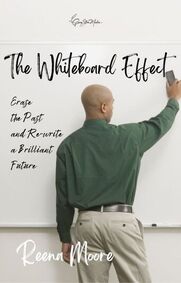

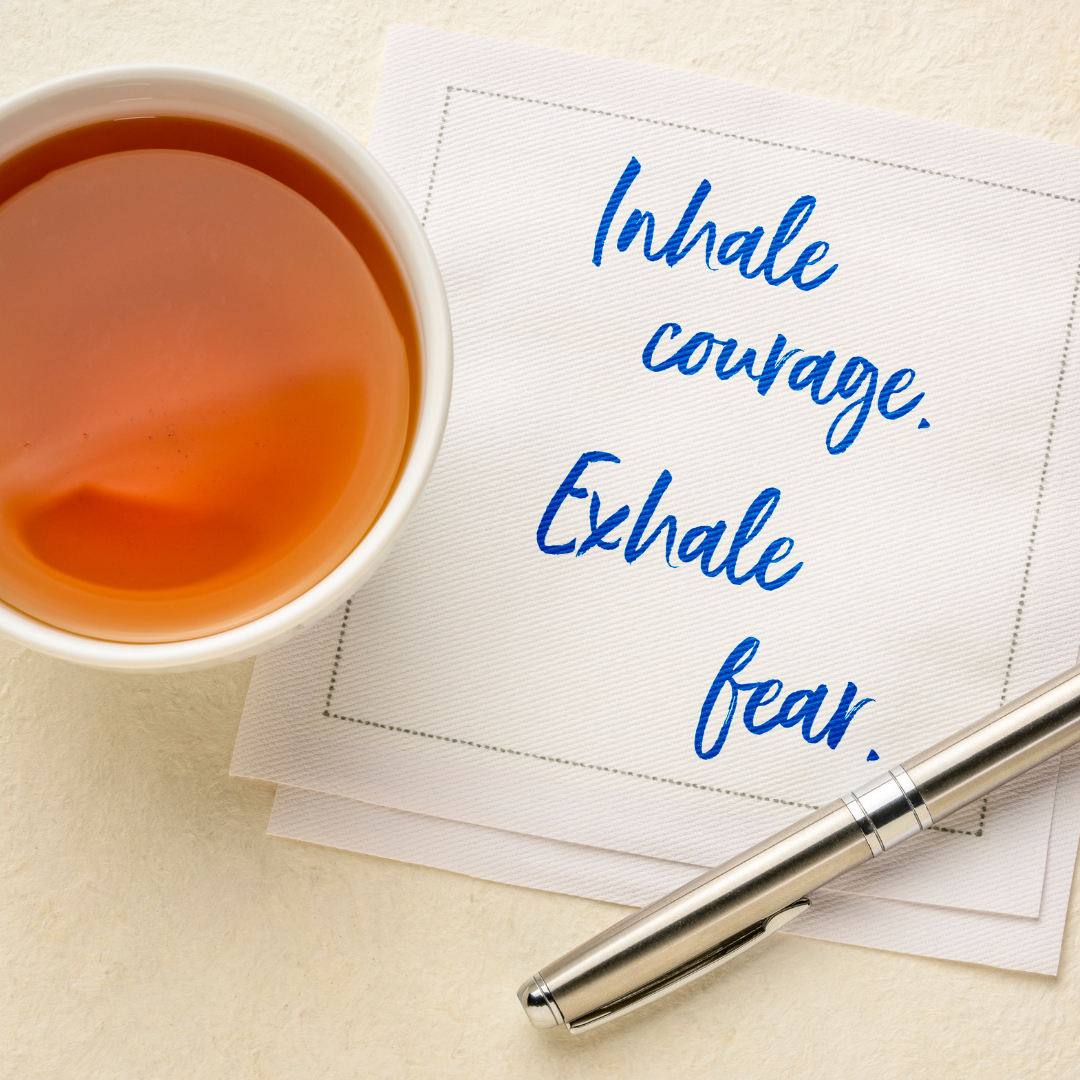
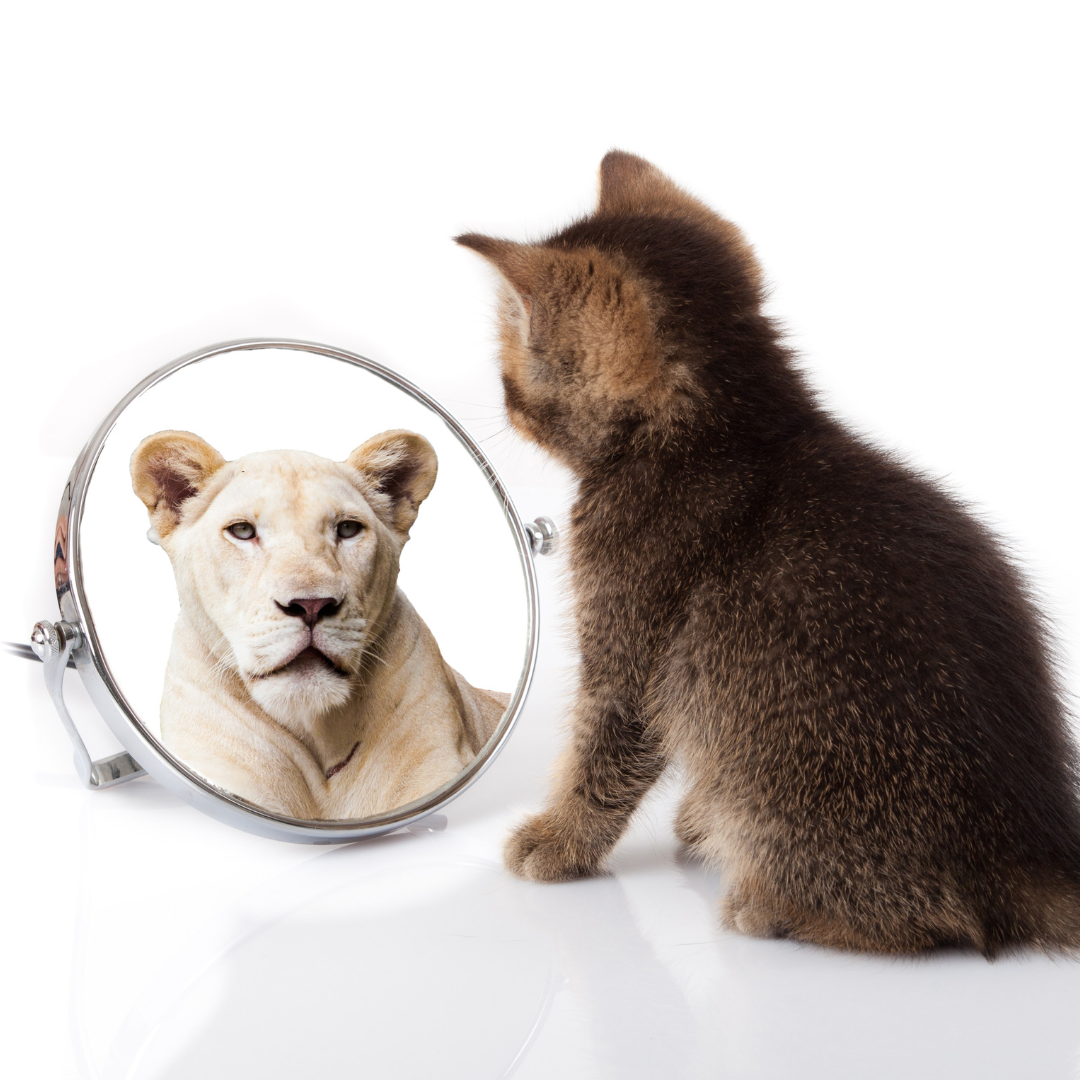
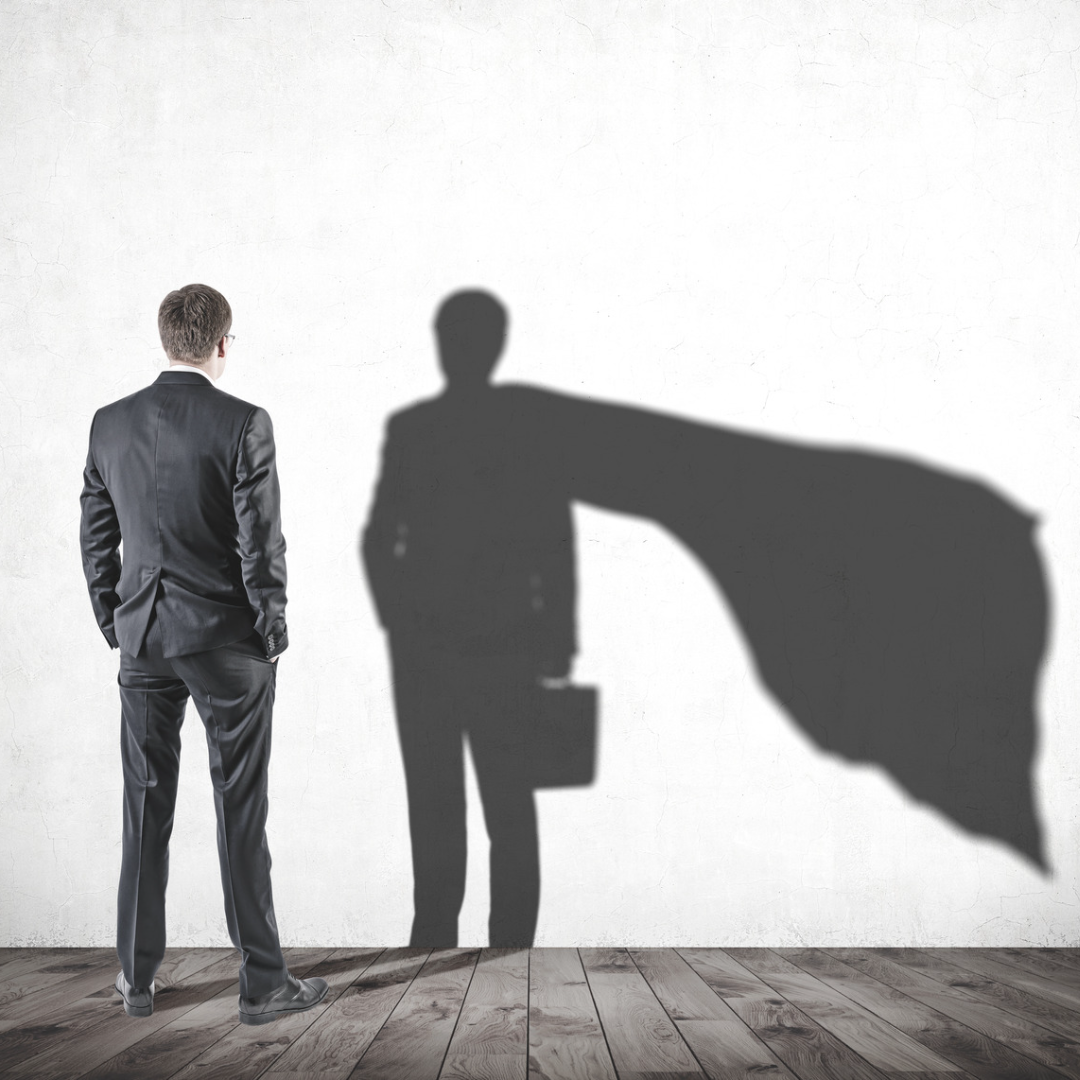
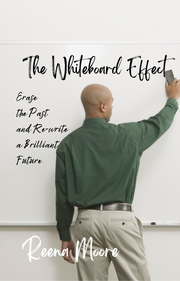

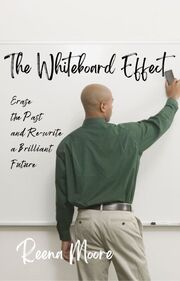
 RSS Feed
RSS Feed

